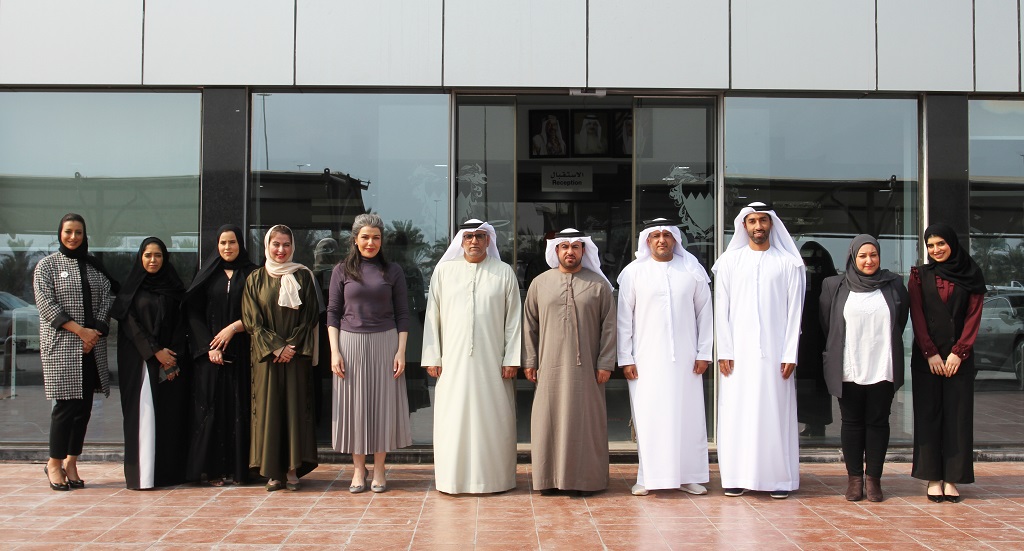Labour Market Regulatory Authority (LMRA) received a delegation from the United Arab Emirates’ National Committee to Combat Human Trafficking led by Abdulrahman Murad Albalooshi, Deputy Chairman of UAE National Committee in presence of LMRA officials at LMRA’s Expat Protection Centre in Sehla.
The delegation toured the Expat Protection Centre, which houses the Regional Centre of Excellence and Capacity Building for Combatting Trafficking in Persons, as well as the representative office of the International Organization for Migration (IOM).
During this visit, the two parties explored prospects of bilateral cooperation, coordination and exchange of experiences in enhancing work environment and safeguarding the rights of its parties alike.
LMRA officials briefed the delegation on the Kingdom of Bahrain’s leading experience in the field of combating trafficking in persons and upholding workers’ rights, noting the prominent initiatives and programs launched to promote the Kingdom’s efforts in this field.
Additionally, the delegation was informed about the role and objectives of the Expat Protection Centre, which is the first comprehensive and specialized facility of its kind in the Middle East region. The Centre specializes in providing different types of counseling, preventive and legal services, as well as shelter to victims and potential victims of trafficking in line with international standards.
LMRA also presented its efforts in maintaining a safe and stable work environment that preserve all parties’ rights, as well as providing guidance to workers and raising awareness.
In that regard, LMRA highlighted the three stages of protection, which comprise of the preventive role of raising workers’ awareness of their rights and obligations upon their arrival to the Kingdom, the recurrent preventive inspection visits to prevent vulnerable individuals from falling victims to trafficking, and lastly ensuring that all means of protection are available and accessible.
The role of the Regional Centre of Excellence and Capacity Building for Combatting Trafficking in Persons was presented, particularly with regards to founding a pool of accredited trainers, comprising first-responders and practitioners in the field of combating trafficking in persons, as well as the Regional Centre’s function in developing specialized training materials within a regional perspective, studies and research in the field of combating trafficking in persons.

